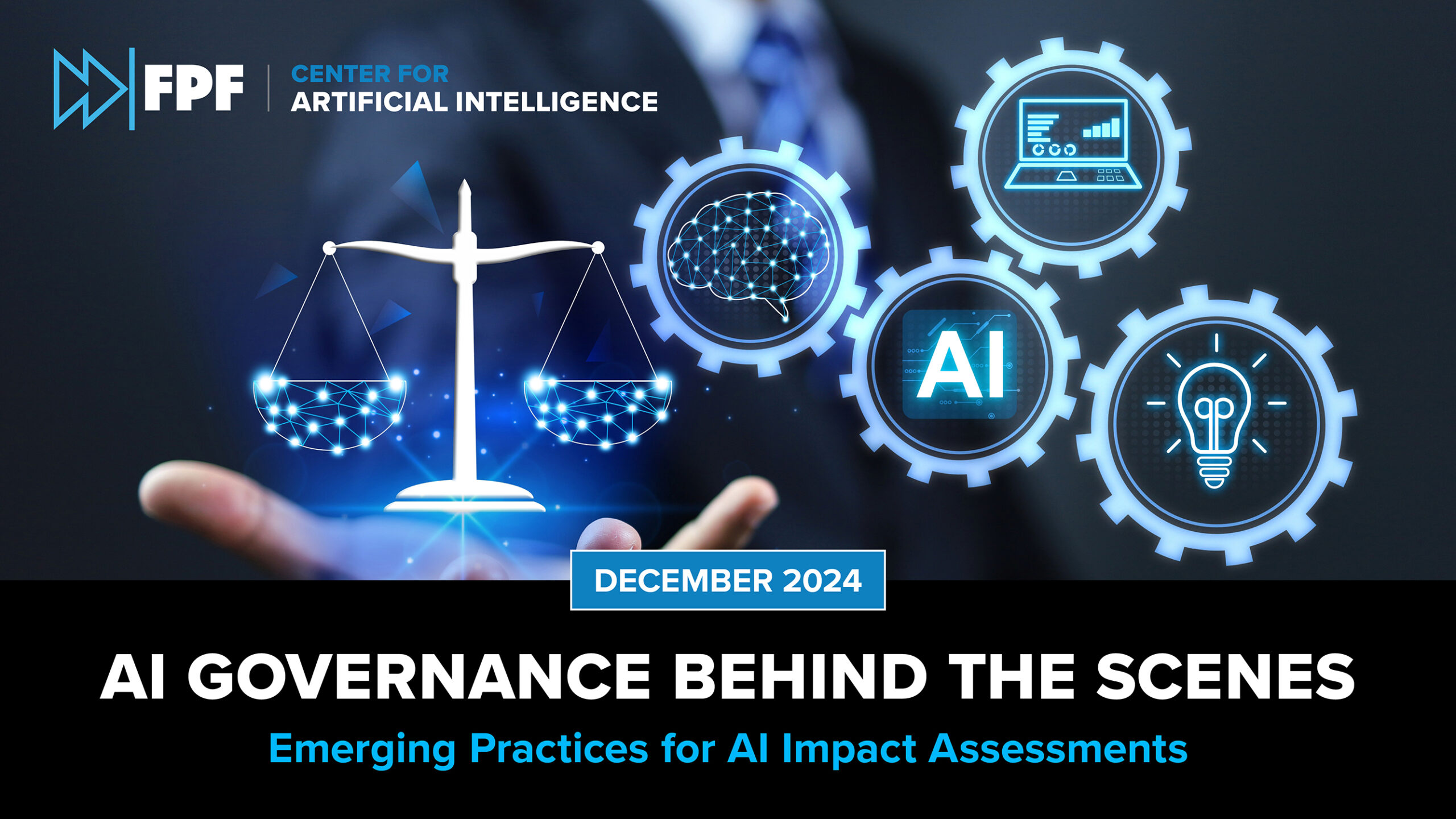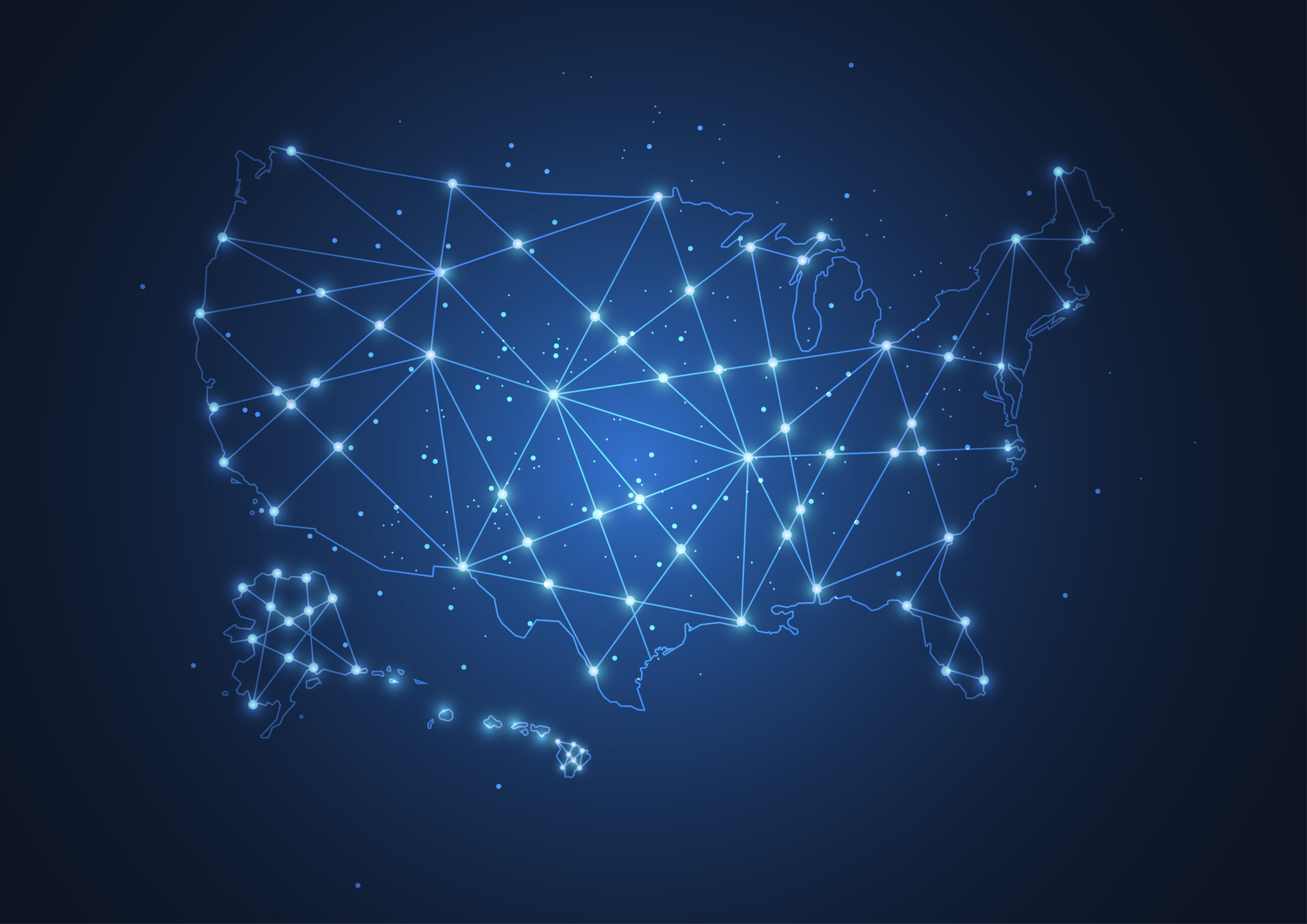
CEO Jules Polonetsky: 2025 May be the Year of AI Legislation: Will We See Consensus Rules or a Patchwork?
In 2024, lawmakers across the United States introduced more than 700 AI-related bills, and 2025 is off to an even quicker start, with more than 40 proposals on dockets in the first days of the new year. In Washington D.C., a post-election reshuffle presents unique opportunities to address AI issues on a national level, with […]

Report Exploring Organizations’ Emerging Practices and Challenges Assessing AI Risks
With growing focus from policymakers and regulators on the impact of artificial intelligence (AI) systems, and as organizations strive to responsibly use AI systems, organizations are increasingly embracing AI impact assessments to assess risks and take steps to minimize them. In response to the growing use—and uncertainty around—AI impact assessments, the Future of Privacy Forum […]

FPF Unveils Report on the Anatomy of State Comprehensive Privacy Law
The Future of Privacy Forum (FPF) launched a new report—Anatomy of State Comprehensive Privacy Law: Surveying the State Privacy Law Landscape and Recent Legislative Trends. By distilling this broad landscape to identify the “anatomy” of state comprehensive privacy law, this report highlights the strong commonalities and the nuanced differences between the various laws, showing how […]

FPF’s Year in Review 2024
With contributions from Judy Wang, Communications Intern 2024 was a landmark year for the Future of Privacy Forum, as we continued to grow our privacy leadership through research and analysis, domestic and global meetings, expert testimony, and more – all while commemorating our 15th anniversary. Expanding our AI Footprint While 2023 was the year of […]

OAIC’s Dual AI Guidelines Set New Standards for Privacy Protection in Australia
On 21 October 2024, the Office of the Australian Privacy Commissioner (OAIC) released two sets of guidelines (collectively, “Guidelines”), one for developing and training generative AI systems and the other one for deploying commercially available “AI products”. This marks a shift in OAIC’s regulatory approach from enforcement-focused oversight to proactive guidance. The Guidelines establish rigorous […]

Project Manager, Global Privacy
Position Overview The FPF Global Privacy Team seeks a project manager to provide administrative support and oversight for an 18-month U.S. Government grant. The project manager will work with senior management, the internal Grants team and other policy, project, and operations staff, as well as external partners, to contribute to the development and execution of […]

Five Big Questions (and Zero Predictions) for the U.S. State Privacy Landscape in 2025
In the enduring absence of a comprehensive national framework governing the collection, use, and transfer of personal data, state-level activity on privacy legislation has been on a consistent upward trend since the enactment of the California Consumer Privacy Act in 2018. With all 50 U.S. states scheduled to be in session in 2025, stakeholders are […]

Abstract,Map,Of,The,United,States,Created,From,Dots,And
abstract,map,of,the,united,states,created,from,dots,and

Future of Privacy Forum Publishes Report Exploring Organizations’ Emerging Practices and Challenges Assessing AI Risks
As AI models and systems become more widespread and powerful, FPF’s report finds many organizations are taking a four-step approach to managing potential risks With growing focus from policymakers and regulators on the impact of artificial intelligence (AI) systems, and as organizations strive to responsibly use AI systems, organizations are increasingly embracing AI impact assessments […]

Technologist Roundtable: Key Issues in AI and Data Protection Post-Event Summary and Takeaways
Co-Authored with Marlene Smith, Research Assistant for AI On November 27, 2024, the Future of Privacy Forum (FPF) hosted a Technologist Roundtable with the goal of convening an open dialogue on complex technical questions that impact law and policy, and assisting global data protection and privacy policymakers in understanding the relevant technical basics of large […]
